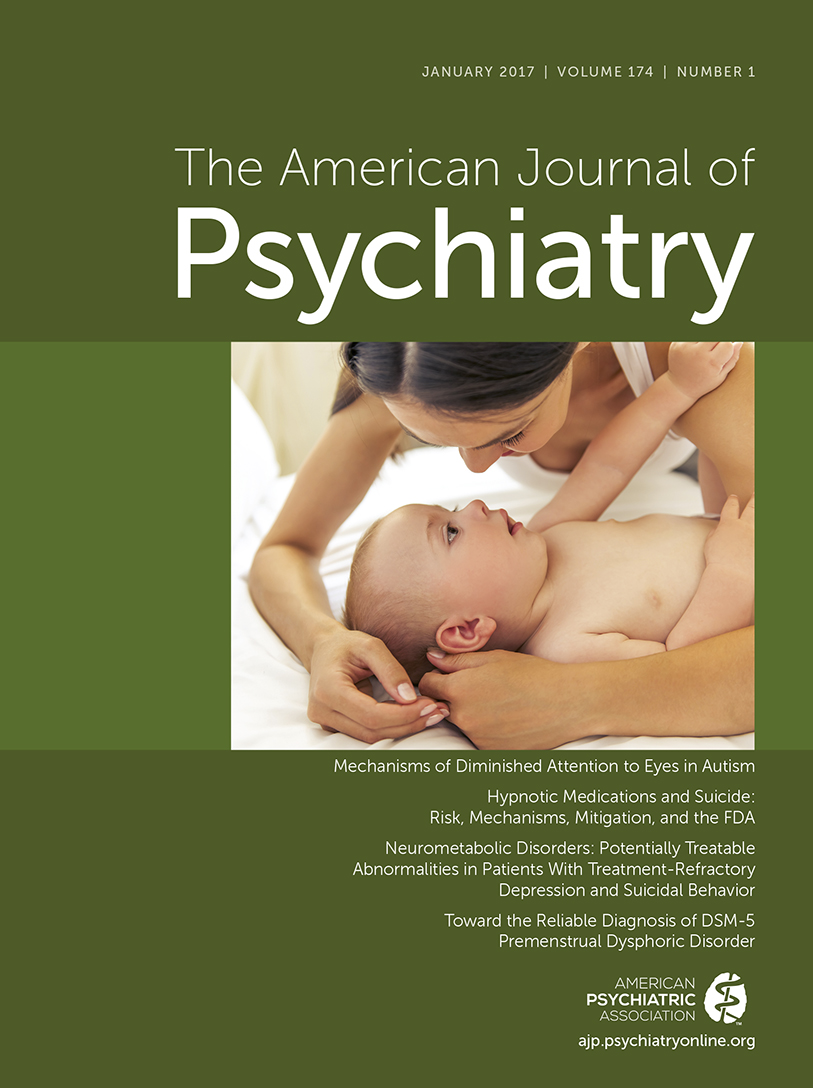Bariatric Surgery and Psychiatric Care
At its June 2016 meeting, the APA Joint Reference Committee voted to approve a Resource Document developed by the Council on Psychosomatic Medicine Work Group on Bariatric Surgery and Psychiatric Care. The Work Group had been charged with studying the role of psychiatrists in the care of patients undergoing bariatric surgery. The Work Group was tasked with identifying key psychiatric issues and services related to prebariatric surgery assessment and aftercare across the bariatric surgery care continuum. The following summarizes the Work Group report.
The World Health Organization has reported that we are in the grip of a global obesity epidemic. Patients with severe obesity (body mass index >35 kg/m2) have significant comorbidities, including diabetes, cardiovascular disease, and obstructive sleep apnea, and a high lifetime prevalence of mental illness. Bariatric surgery is a safe and effective tool for durable weight loss with subsequent improvement in medical comorbidities and quality of life. However, there is emerging literature identifying a range of mental health complications following bariatric surgery that require the engagement of mental health experts, including psychiatrists, who are skilled at managing these psychiatric issues and supporting long-term bariatric surgery outcomes.
Presurgical psychiatric assessment varies among different bariatric surgical centers; however, they all share the common mission of exploring patient’s suitability and readiness for surgery. This process consists of screening for major psychiatric and substance uses disorders, identifying barriers to a successful surgical outcome, and communicating with the surgical team and patient’s support systems about how to improve and manage challenging presentations.
In addition to presurgery assessment, psychiatrists involved in caring for patients undergoing bariatric surgery should be knowledgeable about the range of psychosocial issues that can emerge after this severe obesity treatment. Despite the variation in the types of bariatric surgeries performed and timing of psychological measurements, data suggest that initial improvements in psychiatric symptoms early postbariatric surgery may not be maintained long-term. This necessitates the use of formal standardized and validated instruments to follow patients’ psychiatric symptoms longitudinally and engage care providers to monitor patients’ functioning.
Moreover, patients may experience additional psychiatric complications, such as binge eating disorder and substance use disorder, after bariatric surgery. Binge eating disorder should be differentiated from other common eating-related behaviors that can occur postsurgery, for example, vomiting and dumping, and as a result, a high suspicion should be entertained in patients with loss of control or grazing food behavior after surgery. A mix of clinician-administered and self-report measures may assist clinicians in assessing newly emerging disordered eating behaviors. In addition to eating disorders, patients undergoing Roux-en-Y gastric bypass surgery can develop de novo substance use disorders or experience higher absorption of alcohol and slower metabolism of alcohol. The resulting alterations in alcohol absorption and metabolism can increase the risk of impaired driving, behavioral loss of control, nutritional deficiencies, or increased caloric consumption limiting weight loss. Psychiatrists involved in bariatric surgery care should provide patients with sufficient information presurgery regarding potential changes in alcohol metabolism and tolerance. Moreover, mental health clinicians should continue to screen for alcohol use disorders postsurgery and offer early psychosocial interventions to address issues related to problematic alcohol use.
Psychiatrists will also need expertise in monitoring potential reductions and alterations in absorption of psychiatric medications postbariatric surgery. Issues related to psychopharmacology postbariatric surgery include loss of antidepressant efficacy, selective serotonin reuptake inhibitor-related withdrawal symptoms, as well as lithium toxicity as a result of metabolism and absorption alterations. Psychiatrists should consider using standardized psychiatric rating scales to monitor psychiatric symptoms and guide pharmacological optimization following bariatric surgery.
Self-harm and suicide postbariatric surgery have attracted attention in the literature as a serious complication following weight loss surgery. Although there is no clear explanation for the increased rates of self-harm and suicide after bariatric surgery, the following contributing factors have been purported to contribute to this observed trend: postsurgical neuro-hormonal changes, behavioral loss of control, altered absorption of alcohol and/or psychiatric medication, lack of improvement in quality of life, weight regain, and continued or recurrent physical limitation.
Furthermore, weight loss surgery has also been associated with excess skin folds after surgery, which can create or potentiate body image concerns in postbariatric surgery patients, leading to negative body image impact and poor psychological well-being. Body contouring procedures offer a resolution to excess skin and have resulted in psychological improvement; however, it is not a readily available procedure due to system, patient, and financial barriers.
These findings underscore the complexity of bariatric surgery psychosocial aftercare and highlight the need for routine psychiatric assessment and support for patients pre- and postbariatric surgery, which can be facilitated by integrated psychiatric and specialized mental health involvement within bariatric surgery centers. Integrated mental health approaches to bariatric surgery care can assist in improving postsurgery medical and psychosocial outcomes, while potentially reducing the costs in both primary care and subspecialty settings.
The full Resource Document is available in a data supplement that accompanies the online edition of this APA Official Action (ajp.psychiatryonline.org).



